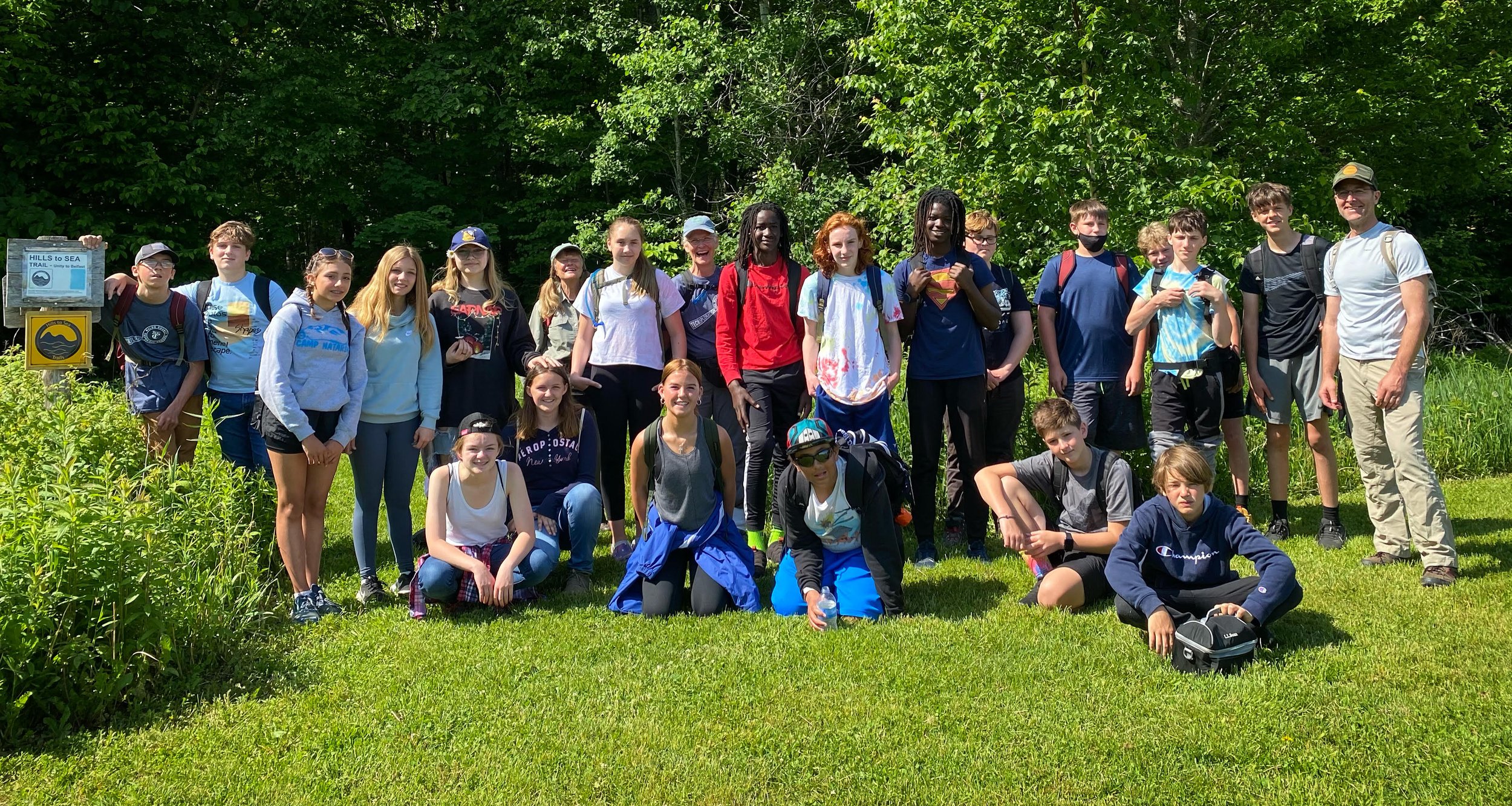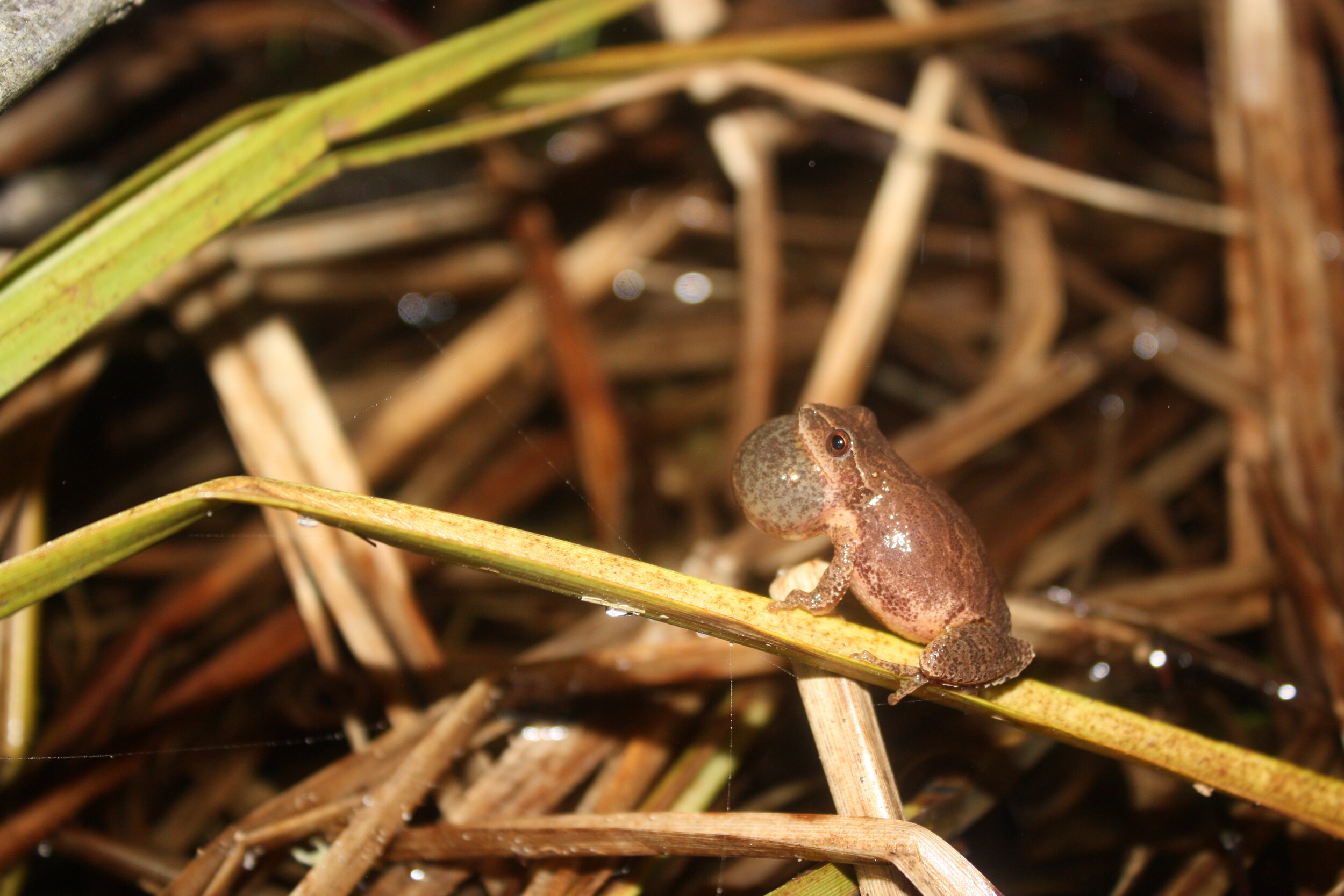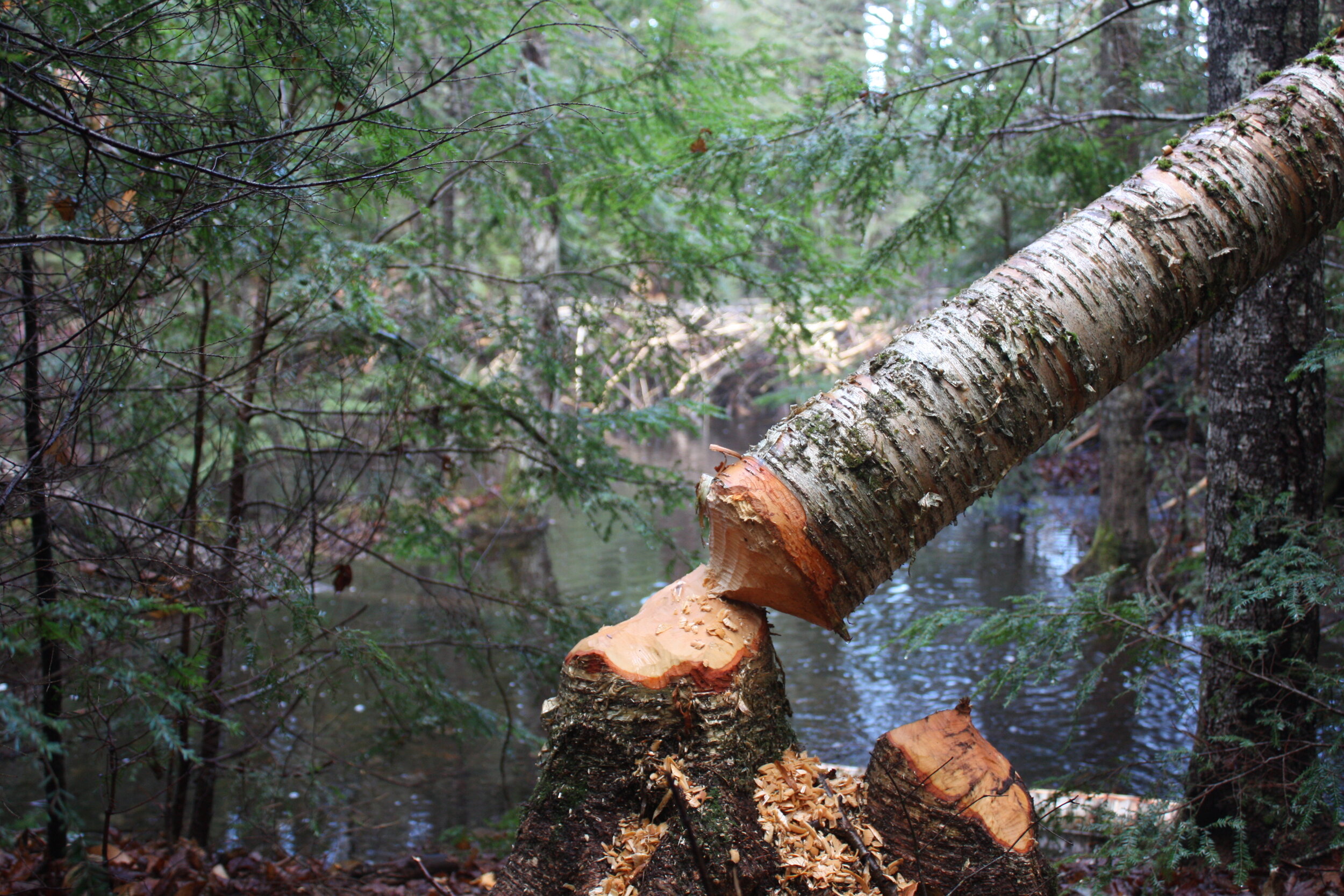HILLS TO SEA TRAIL
Blog & Community

New preserve in Waldo includes Hills to Sea Trail
A new preserve in Waldo hosts a section of the Hills to Sea Trail.

Relating to nature through journaling
On August 3, 2023, I took a nature journaling workshop in Unity led by Cloe Chun.


Workshop: Trail Erosion Control with Edible Plants
Workshop: Trail Erosion Control with Edible Plants
May 13, 10 a.m., 181 Goosepecker Ridge Road, Montville. Free and open to all.

Two for One, Volunteering in Unity
Sunday, April 30, was a breezy, partly cloudy, brisk day in midcoast Maine. My family had just arrived home the night before from a week of college visits in sunny California. Henry, my 17-year-old son, had National Honor Society volunteer hours to fulfill, and an opportunity had arisen that Sunday at MOFGA in Unity. He signed up!

***This event has been canceled.*** Birds and Breakfast at Goosepecker Ridge
***This event has been canceled.***
Birds and Breakfast at Goosepecker Ridge
Enjoy a bird walk and breakfast with Sebasticook Regional Land Trust (SRLT) and the Hills to Sea Trail Coalition on Sunday, May 28, from 7 a.m. to 10:30 a.m. at 181 Goosepecker Ridge Rd. in Montville.

Welcome Spring, Hills to Sea Trail!
Eagerly anticipating the spring equinox, arriving at 5:24 p.m. EST on March 20, 2023, and having just met with the Hills to Sea steering committee, I find myself reflecting on the most perfect day in June 2022 …

From boat break to porcupine sighting: trail comments
We love hearing about hikers’ observations and experiences along the Hills to Sea Trail! Here are a few taken from a register at one of our trailheads.

October Walk in Unity
An October 12, 2022, walk along the Hills to Sea trail was full of color. Here are a few shots from the section of trail between MOFGA and Quaker Hill Road in Unity.

Drinkwater School Hits the Trail
On June 7, 21 students from 7th and 8th grade at Drinkwater School in Northport took a 6.5-mile hike on the Hills to Sea Trail in Unity. They started at the northwest end of the 47-mile trail, beginning a tradition of Drinkwater-Hills-to-Sea, to be hiked in increments each year until the school makes it to Belfast.

It’s Woodland Wildflower Time
Head for the Hills to Sea Trail now to enjoy an abundance of woodland wildflowers, such as the pink lady's-slipper show here. One of four Cypripedium species native to Maine, the pink lady’s-slipper (C. acaule) is the most common.

Landowner Profile: Barbara and Linnie Curtis
Barbara and Linnie Curtis live in Waldo on Moosehead Trail (Route 7). We met them when a group of us starting the trail bushwhacked our way from Belfast, hoping to get to Frye Mountain, which we eventually did after a few years. We got lost that first day and didn’t know how to return to where we had parked. Finally, we saw a house and a man working in the yard. We asked him, “Where are we?”

Species Profile: Prairie Warbler
The prairie warbler is a recent immigrant to Maine, having spread north as conditions warm. Its avenue has been power line cuts, which resemble its habitat of dry brushy clearings, forest margins and pine barrens. “Prairie” is a bit of a misnomer, first documented by Wilson in a Kentucky barrens locally called “prairie.”
The conspicuous male, if tiny birds can be called conspicuous, hops around on bushes growing up in the power line, singing a distinctive song, which is a series of fluid, ascending buzzes, “Zee-zee-zee-zee-zee-zee.”


Exploring the Old Forest
November is a great time to really see the woods. The undulations of the land and the forms of the forest suddenly become apparent. There are still some leaves, creating beautiful interludes of green and yellow, with lower reaches of the canopy more obvious with their clinging leaves and small trunks and branches. Distant fascinations such as large, mysterious trees invite a detour into the woods to explore these hidden treasures.
So it was late fall when Buck O’Herin and I decided to explore the old forest along the Hills to Sea Trail at Sandy Stream as part of our work to assess the amazing stretch of woods there. As part of an effort to create protections for this rare old forest, we wanted to get a sense of its extent, and to describe large trees and other features we found.

Expectation
Around halfway between Route 137 and Route 7, I recognized the sound. That is to say, I’d heard this song many years ago. Rather than on the tip of my tongue, it was in the back of my mind. A warbler, for sure, but which one? Magnolia? Canada? I was in no rush. Why not just wait a few minutes, and see what unfolds?

Why Are Roads Problematic?
Nineteen miles. That is the furthest you can get from a maintained road in the lower 48 states, a land mass covering 2,959,064 square miles. When Lewis and Clark crossed the continent in 1804-05 there were no roads between St.Louis and the Pacific Ocean. Today these 48 states have more than 4 million miles of roads. A lot has changed, a lot has been lost in 200 plus years.



Beavers and their Benefactors
After walking through a mile or more of second-growth woods, it was visually refreshing to see an opening ahead in the forest. It coincided with the appearance of some bogwalks - logs hewn in half, flat side up, to provide a dry surface to walk across otherwise wet and squishy soil.

